The Friday Edition
Our Friday News Analysis | What the World Reads Now!
Helping to Heal a Broken Humanity (Part 38)
The Hague, 30 May 2025 | If you know of a decisive story, tell the world! We're still searching.
.jpg)
EDITORIAL | Are World Leaders Dumb, Stupid, Sociopaths, or Psychopaths, or All of the Above (Part 2)?
By Abraham A. van Kempen
30 May 2025
The powerful nations—namely the US, Russia, and China—may have more in common than differences. In future editions, we’ll explore the distinct ‘souls’ of China, Russia, and the United States. For now, however, I want to revisit ‘the Clowns in Brussels, the Bozos in Strasbourg, and their Stooges in Washington, DC.’
They present themselves as global leaders, yet they are acting foolishly. More people are realizing that ‘The kings wear no clothes.’ It seems that everyone is aware, except these ‘naked kings.’ Humanity is witnessing their incompetence. I feel deeply disappointed and troubled by their chaotic behavior, which is akin to that of headless chickens, recklessly playing Russian Roulette with our lives.
How can the combined EU-US/NATO Alliance gamble with the possibility of World War III when war could have been averted?
I want to give the late Henry Kissinger the floor with: ‘Leadership: Six Studies in World Strategy.’ It’s a must-read for everyone who demands reciprocity in international relations. Leaders who cannot foster peaceful coexistence – share a cup of kindness – are not worth their salt. They should be replaced.
If they can’t take the heat, get out of the kitchen.
If voters do not hold the strings in a democracy, there is no democracy.
The United States trails gravely behind in voter turnout, says the Pew Research Center.
One-third of Americans of voting age let their democracy go to waste.
They don’t vote.

We live in a troubled world facing a leadership deficit. We lack leaders with clarity, instinct, and courage in challenging circumstances. In Kissinger’s nineteenth book, the 99-year-old statesman views leadership through six heads of state he knew best: Konrad Adenauer, Charles de Gaulle, Richard Nixon, Anwar Sadat, Lee Kuan Yew, and Margaret Thatcher. Despite their differences, Kissinger notes they shared key features: directness, vision, bold action, understanding solitude, and, surprisingly, divisiveness.
The shift from aristocracy to meritocracy allowed these six skilled leaders to shape post-World War II history. Kissinger concludes with questions about a “faltering meritocracy,” eroded by technologies like social networks and artificial intelligence, complicating the search for candidates during this troubled time.
The Axes of Leadership
Every society, regardless of its political structure, is continuously moving between a past that shapes its memories and a future vision that drives its development. On this journey, leadership is crucial: decisions need to be made, trust built, promises fulfilled, and paths for progress outlined. In human establishments—be they states, religions, militaries, corporations, or schools—leadership is essential to guide individuals from their present circumstances to places they have never experienced and, at times, can hardly envision reaching.
Without oversight, institutions may falter, courts become irrelevant, and ultimately, crises may emerge. Leaders operate at the crossroads of two dimensions: one is the relationship between the past and future; the other reflects the enduring values and aspirations of their constituents. Their primary challenge involves an analysis that starts with a grounded evaluation of their society, considering its history, norms, and capabilities. Following this, they must reconcile their established knowledge, rooted in the past, with their insights about the uncertain future, which tends to be speculative.
This instinctive understanding of direction allows leaders to define goals and create strategies. To motivate society with their strategies, leaders need to act as educators—clearly presenting objectives, addressing concerns, and garnering support. Although the state inherently holds a monopoly on force, depending on coercion indicates poor leadership; effective leaders cultivate a desire within their followers to join them. Additionally, they must encourage a close circle to interpret their ideas, ensuring they relate to the pressing matters of the day.
A dynamic team visibly reflects a leader’s inner vitality, aiding their journey and easing decision-making dilemmas. A leader’s effectiveness can be enhanced or undermined by the qualities of their team. Essential attributes for leaders navigating these challenges—and connecting the past with the future—are courage and character. Courage entails choosing a path among complex, challenging options, requiring a willingness to go beyond the ordinary. Strength of character is necessary to maintain a chosen course of action, even when the potential benefits and risks are not fully apparent at the time of decision. Courage promotes virtue during critical moments, while character sustains adherence to values over the long term.
Leadership becomes crucial during times of transition when values and institutions begin to lose their significance, and the vision for a better future is debated. During such periods, leaders must be imaginative and analytical: What are the foundations of society’s well-being? What contributes to its decline? Which legacies from the past should be maintained, and which should be modified or let go? What goals are worth pursuing, and which opportunities must be dismissed regardless of their allure? Furthermore, is our society resilient and confident enough to embrace sacrifice as a step towards a more rewarding future?
Meaningful political decisions seldom hinge on just one factor; astute choices necessitate a blend of political, economic, geographical, technological, and psychological perspectives, all shaped by a keen historical awareness. In his reflections towards the close of the twentieth century, Isaiah Berlin articulated the difficulty of extending scientific reasoning beyond its intended bounds and, as a result, the persistent challenges faced by strategists. He argued that a leader, akin to a novelist or a landscape painter, must embrace the full spectrum of life’s stunning intricacies:
“what makes men foolish or wise, understanding or blind, as opposed to knowledgeable or learned or well informed, is the perception of [the] unique flavors of each situation as it is, in its specific differences – of that in it wherein it differs from all other cases, that is, those aspects of it which make it insusceptible to scientific treatment. [6]”
Kissinger, Henry (2022-07-04T23:58:59.000). Leadership. Penguin Publishing Group. Kindle Edition.
JOHN MEARSHEIMER: NEW WORLD ORDER? US, CHINA, AND RUSSIA IN THE NEW GREAT POWER RIVALRY
Prof. Glenn Diesen with Prof. John Mearsheimer

Watch the Video Here (50 minutes, 19 seconds)
Host Prof. Glenn Diesen
Substack.com
28 May 2025
Professor John J. Mearsheimer serves as the R. Wendell Harrison Distinguished Service Professor of Political Science at the University of Chicago, where he’s been sharing his knowledge since 1982.
In his discussions, Professor Mearsheimer examines how the transition from American hegemony to a multipolar world prompts great powers to devise distinct strategies.
States need to shed any fading liberal delusions and recognize the world as it truly is, rather than how they might wish it to be.
What is the Side of the Story that is Not Yet Decisive? Edited by Abraham A. van Kempen
ISRAEL AND UKRAINE FIGHTING ‘PROXY WARS’ FOR THE WEST – UK TORY LEADER
Kemi Badenoch has stated that Kiev is fighting Russia on behalf of Western Europe, and Israel’s conflict with Hamas serves London’s interests.

Conservative Party leader Kemi Badenoch © Getty Images / Peter Nicholls
HomeWorld News
26 May 2025
Kemi Badenoch, head of the British Conservative Party, stated that Israel’s military actions against Hamas are a "proxy war" conducted on the UK’s behalf.
In a Sunday interview with Sky News, Badenoch addressed Israeli Prime Minister Benjamin Netanyahu’s recent assertion that the UK, France, and Canada are on "the wrong side of humanity" for attempting to pressure his nation to halt its actions in the Palestinian enclave.
She expressed her disagreement with the commonly accepted view that Israel’s actions in Gaza equate to genocide. She believes that the severe military campaign, initially aimed at Hamas and resulting in the tragic loss of at least 60,000 Palestinian lives, is justified from her perspective and aligns with the interests of the UK.
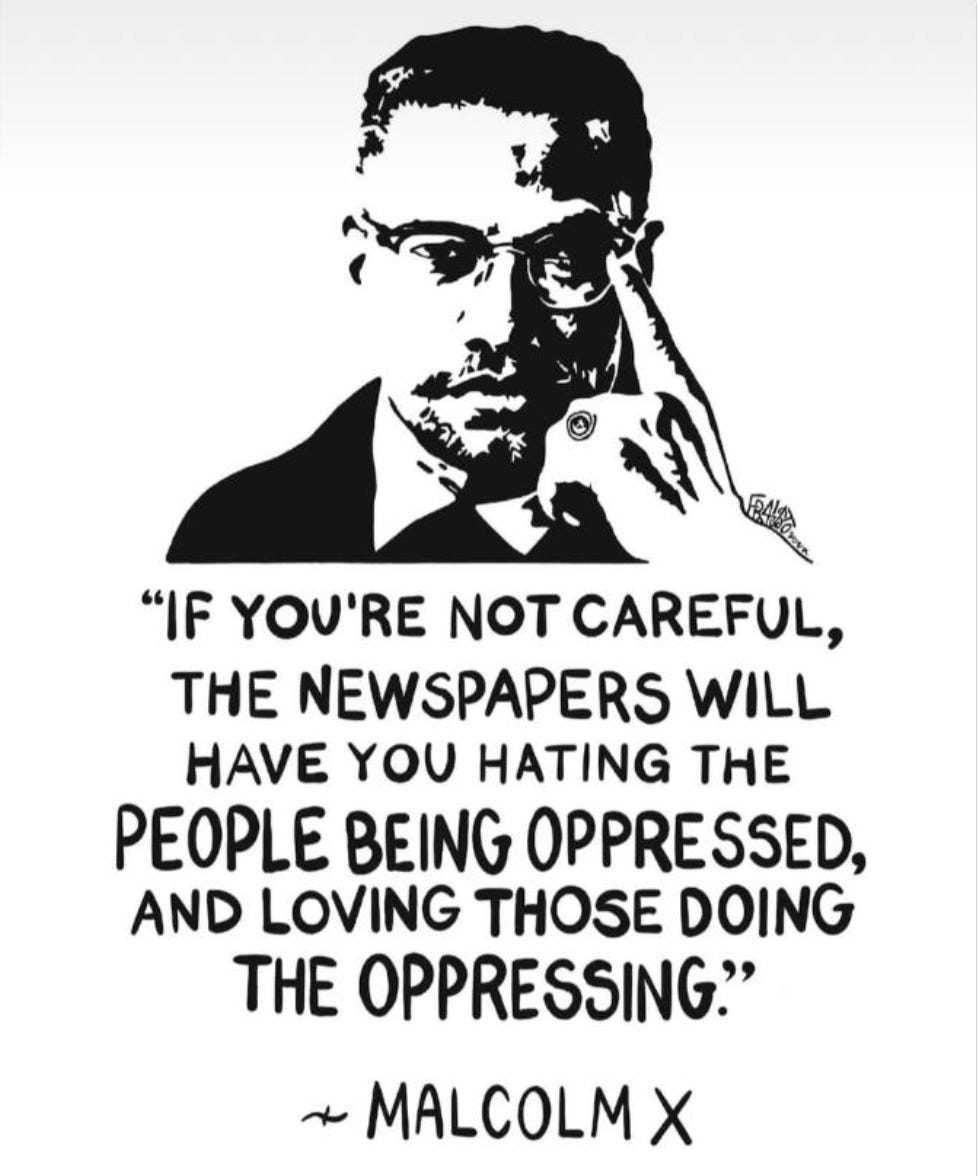
“Who funds Hamas? Iran is an enemy of this country. Israel is fighting a proxy war on behalf of the UK,” Badenoch claimed.
The conflict in Ukraine can be viewed as a proxy war against Russia, fought on behalf of Western Europe, she noted.

READ MORE: US de facto financing persecution of Christians in Ukraine – Tucker Carlson
Call a Spade a Spade
The Russian Embassy in London subsequently shared a clip from Badenoch’s interview, asserting that the Conservative leader has "finally called a spade a spade.”
“Ukraine is indeed fighting a proxy war against Russia on behalf of Western interests. The illegitimate Kiev regime, created, financed, and armed by the West, has been at it since 2014,” the embassy wrote on Facebook.
Badenoch’s party urged the Ukrainians to "keep fighting," despite a possible peace agreement nearing signing in 2022, according to the statement.
"This has led to an overwhelming catastrophe for Ukraine and its citizens, creating an unparalleled security crisis in Europe.”
READ MORE: Ukraine will have to pay for new Patriots – WaPo
In March 2025, US Secretary of State Marco Rubio acknowledged that the Ukraine conflict represents a “proxy war between nuclear powers (the United States, supporting Ukraine) and Russia.”
Moscow has repeatedly described the hostilities as a Western-led proxy war against Russia in which Ukrainians are being used as “cannon fodder.”
Russian officials contend that the US and other Western nations deliberately heightened tensions in the region by ignoring Russia’s national security issues concerning NATO's expansion into Eastern Europe and Ukraine’s invitation into NATO, the military alliance.
Earlier this month, President Vladimir Putin said Russia is currently standing alone against the Collective West and is locked in an “existential war.”
EU HAS ISOLATED ITSELF, NOT RUSSIA – LUXEMBOURG MEP
Fernand Kartheiser has slammed Brussels’ confrontational stance on the Ukraine issue, urging renewed diplomacy with Moscow.
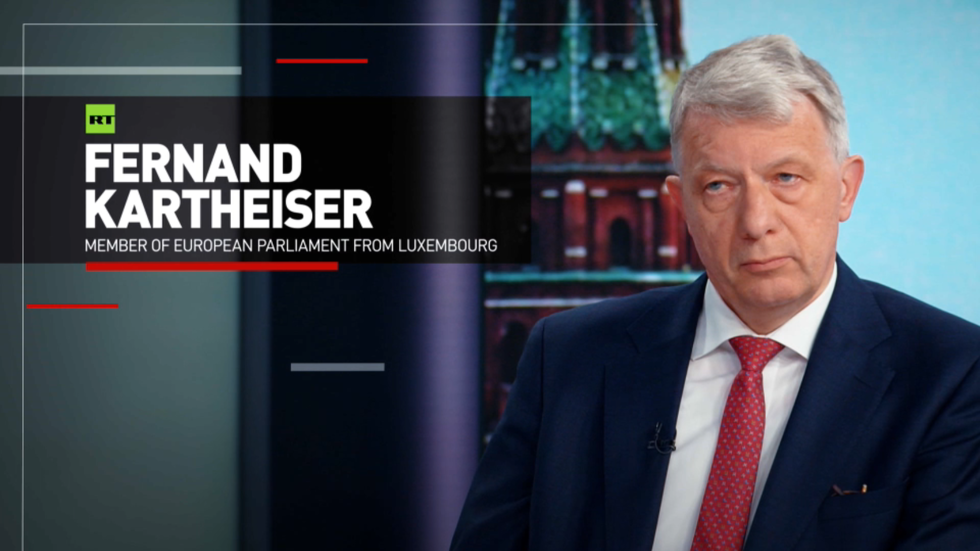
Watch the Video Here (24 minutes, 40 seconds)
HomeWorld News
28 May 2025 10:38
Luxembourg MEP Fernand Kartheiser argues that the EU’s confrontational stance on Russia during the Ukraine conflict has caused its isolation.
The lawmaker stated in an RT interview on Tuesday, during a personal trip to Russia, that he was compelled to fund it due to restrictions imposed by the European Parliament.
“Some people in the European Parliament… have an attitude toward Russia that identifies it as a big threat,” Kartheiser said. “They think that if we put pressure on Russia and isolate it diplomatically, that might help to find solutions in the context of the conflict in Ukraine… it is not the discussion that we should have.”
Kartheiser noted that the entire EU approach toward the Ukraine conflict and Russia has been counterproductive.
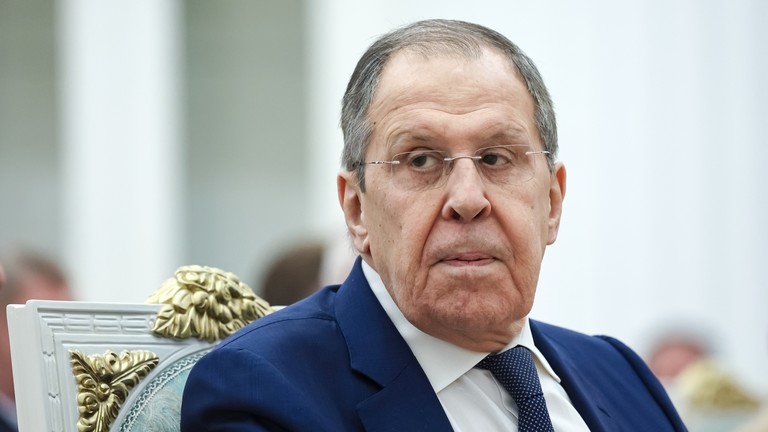
READ MORE: Europeans once again rallying under Nazi flag against Russia – Lavrov
“What we have now internationally is that everybody talks to Russia. We even have the US coming back and having high-level contacts… the anti-Russia stance is diminishing,” he stated. “So this policy of isolation of Russia has failed. The only ones who are isolated in a way are the EU itself.”
The lawmaker’s visit to Moscow, invited by the Russian State Duma, aimed to discuss bilateral relations and Ukraine. However, it faced criticism from hawkish EU lawmakers. The European Conservatives and Reformists group threatened to expel Kartheiser, saying he had “crossed a red line.” The MEP called the threat “a regrettable part of the picture” and noted that some EU lawmakers oppose re-engaging with Moscow.
“The discussion we should have is what kind of future relationship we want with Russia. We must reopen dialogue; this is crucial,” he said, noting that some politicians are shifting their views on Russia, and many ordinary Europeans also wish to restore ties.
READ MORE: EU sanctions against Russia don’t work – Bild
The MEP stressed that for the EU to be regarded as a credible player in international relations, it needs to move away from its anti-Russia stance and reestablish some relationship with the country.
“If we, Western Europeans, are expected to take a larger responsibility for our security, one way to ensure this is by negotiating an agreement with Russia, ensuring at the same time our security as Western Europeans and guaranteeing the security of Russia’s western border. So, negotiation and diplomacy before rearmament and arms race,” he concluded.
GUEST EDITORIAL | THE RIGHT APPROACH TO THE US-IRAN NUCLEAR NEGOTIATIONS
Reflections from my visit to Iran's nuclear facilities
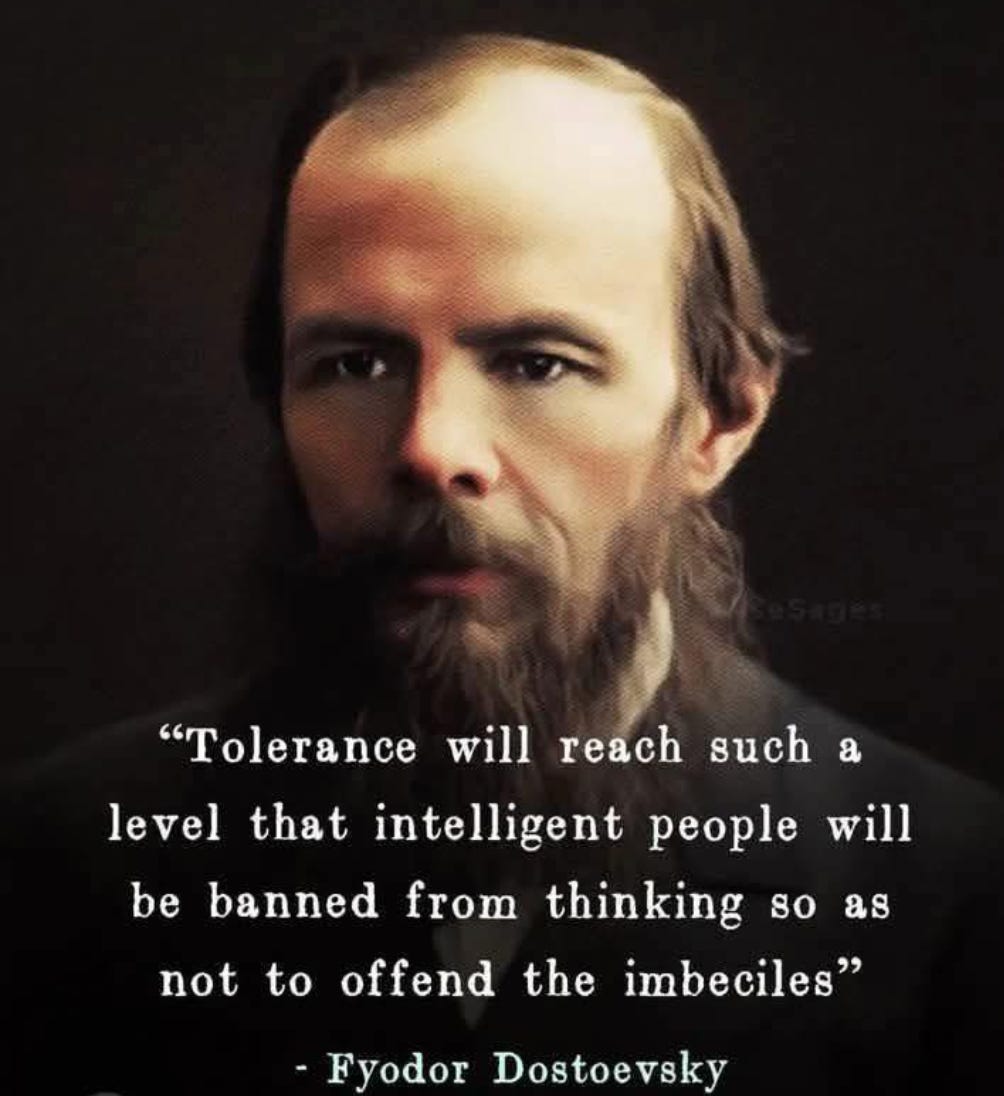
By Prof. Glenn Diesen
Substack.com
27 May 2025
I recently visited a media festival in Tehran where I also had the chance to examine Iran’s weapon systems and one of its nuclear facilities. Iran’s nuclear program is frequently cited as the primary reason for the threats of war from Israel and the US. Such a conflict could escalate into a catastrophic regional war, potentially involving other global powers in a world war. For Israel, securing America's support is essential for launching an attack on Iran, which makes the discussions between the US and Iran critically important.
What are the goals of both Americans and Iranians, and is there any chance of finding common ground? If the sole demand from the US was for Iran to stop developing nuclear weapons, an agreement could likely be achieved, since Iran asserts it has no intention of developing such weapons and has allowed inspectors to verify compliance. Iran adhered to the Joint Comprehensive Plan of Action (JCPOA) before the US withdrawal from the agreement unilaterally. Now, the US is calling for a renegotiation, insisting on the complete dismantling of Iran’s civilian nuclear energy program, which Iran is entitled to maintain as a signatory of the Non-Proliferation Treaty.
Additionally, the US has tied its dominant policies in the region to the nuclear dilemma. It insists that Iran restrict the range of its ballistic missile program and halt its support for regional allies, particularly Yemen, Lebanon, and Hamas. From Tehran’s viewpoint, this demands a total submission, making its security reliant on the good intentions of Israel and the US. This perspective overlooks the fact that the US has viewed Iran as a target for the last 45 years, and Iran raises valid security concerns.
The US sees Iran as a nuclear threshold state, possessing the capability and material to create a nuclear weapon. Negotiations may allow for restrictions on uranium enrichment levels and the implementation of rigorous inspections.
Nonetheless, threatening to bomb Iran would not eradicate its expertise or all its resources, and such an action would likely motivate Iran to pursue a nuclear deterrent. Even the US's threats of an attack if Iran fails to meet its demands must be prompting Iranian leadership to contemplate acquiring nuclear capabilities. Currently, Iran is not pursuing nuclear weapons because it risks prompting other countries, like Saudi Arabia, to seek similar capabilities. Acknowledging this security rivalry, the outcome would not enhance Iran's security.
Another method for negotiations could involve something rarely practiced in contemporary Western diplomacy: acknowledging and addressing the other side's security concerns to alleviate security tensions.
In this unipolar era, the practice of pressuring and intimidating Iran into making one-sided concessions has become routine. The United States' suggestion to lift sanctions on Iran merely signals a halt to their punishment. Any diplomatic approach should begin by addressing mutual security concerns and exploring a potential agreement that bolsters security for both parties.
Resorting to threats against Iran, insisting on submission, and linking nuclear discussions with irrelevant issues is likely to cause negotiations to fail.
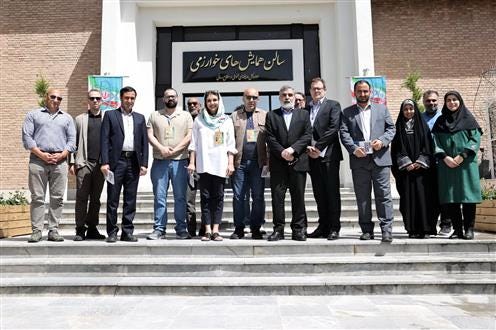
BUILDING THE BRIDGE! | A WAY TO GET TO KNOW THE OTHER AND ONE ANOTHER
Making a Difference – The Means, Methods, and Mechanism for Many to Move Mountains
.jpg)
Photo Credit: Abraham A. van Kempen, our home away from home on the Dead Sea
By Abraham A. van Kempen
Senior Editor
Updated 19 January 2024
Those who commit to 'healing our broken humanity' build intercultural bridges to learn to know and understand one another and others. Readers who thumb through the Building the Bridge (BTB) pages are not mindless sheep following other mindless sheep. They THINK. They want to be at the forefront of making a difference. They're in search of the bigger picture to expand their horizons. They don't need BTB or anyone else to confirm their biases.
Making a Difference – The Means, Methods, and Mechanism for Many to Move Mountains
Accurate knowledge fosters understanding, dispels prejudice, and sparks a desire to learn more about the subject. Words have an extraordinary power to bring people together, divide them, forge bonds of friendship, or provoke hostility. Modern technology offers unprecedented possibilities for good, fostering harmony and reconciliation. Yet, its misuse can cause untold harm, leading to misunderstandings, prejudices, and conflicts.
A Free Trial for Life – SUBSCRIBE NOW!

• It's quick and straightforward.
• We won’t ask for your credit card number.
• Just enter your e-mail address to receive your complimentary free-for-life subscription to our newsletter.
• Please include your First and Last Name.
• We won’t share or sell your e-mail address.
_________________________
Related Articles Recently Posted on www.buildingthebridgefoundation.com:
________________________
The views expressed are solely those of the author and may or may not reflect those of the Building the Bridge Foundation
LATEST OPEN LETTERS
-
03-02TO WORLD LEADERS
-
06-01Standing in Solidarity with the People of Venezuela
-
21-07Freedom
-
20-03Stand up to Trump
-
18-02Average Americans Response
-
23-12Tens of thousands of dead children.......this must stop
-
05-06A Call to Action: Uniting for a Lasting Peace in the Holy Land
-
28-05Concerned world citizen
-
13-02World Peace
-
05-12My scream to the world
VIRTUAL POST OFFICE
PETITIONS
LINKS
DONATION
Latest Blog Articles
-
04-03Our Wednesday News Analysis | Editorial | A Regime Change is On the Rise
-
04-03Editorial | A Regime Change is On the Rise
-
03-03Debunked and Confirmed: Myths and Realities from the Iran War
-
03-03The Suicidal Folly of a War with Iran
-
02-03The Evangelical Pope | "Prayer is not only speaking but, above all, listening."
-
26-02Our Friday News Analysis | What the World Reads Now!
-
25-02Our Wednesday News Analysis | Rubio declared a return to brutal western colonialism – and Europe applauded
-
24-02Rubio declared a return to brutal western colonialism – and Europe applauded
-
24-02The Palestinian Authority's new constitution: A roadmap to statehood?
-
24-02No explanation, no appeal: Israel revoking entry authorization of foreign activists
-
23-02The Evangelical Pope | Faith Unites and Strengthens Bonds
Latest Comments
 One of the most important and illuminating articles that I …
One of the most important and illuminating articles that I …
Comment by Benjamin Inbaraj And what's wrong here?
After all, there is the homeland …
And what's wrong here?
After all, there is the homeland …
Comment by Isac Boian Does this reinforce or deny my argument that Israel is …
Does this reinforce or deny my argument that Israel is …
Comment by Edward Campbell Many 'say' they support the Palestinian cause but do little …
Many 'say' they support the Palestinian cause but do little …
Comment by Philip McFedries The UN is strangled by the "war for profit" cabal …
The UN is strangled by the "war for profit" cabal …
Comment by Philip McFedries I can't read the printing on the map.
I can't read the printing on the map.
Comment by Philip McFedries Good news!
Good news!
Comment by Philip McFedries
.jpg)
COMMENTS
This article has 0 comments at this time. We invoke you to participate the discussion and leave your comment below. Share your opinion and let the world know.